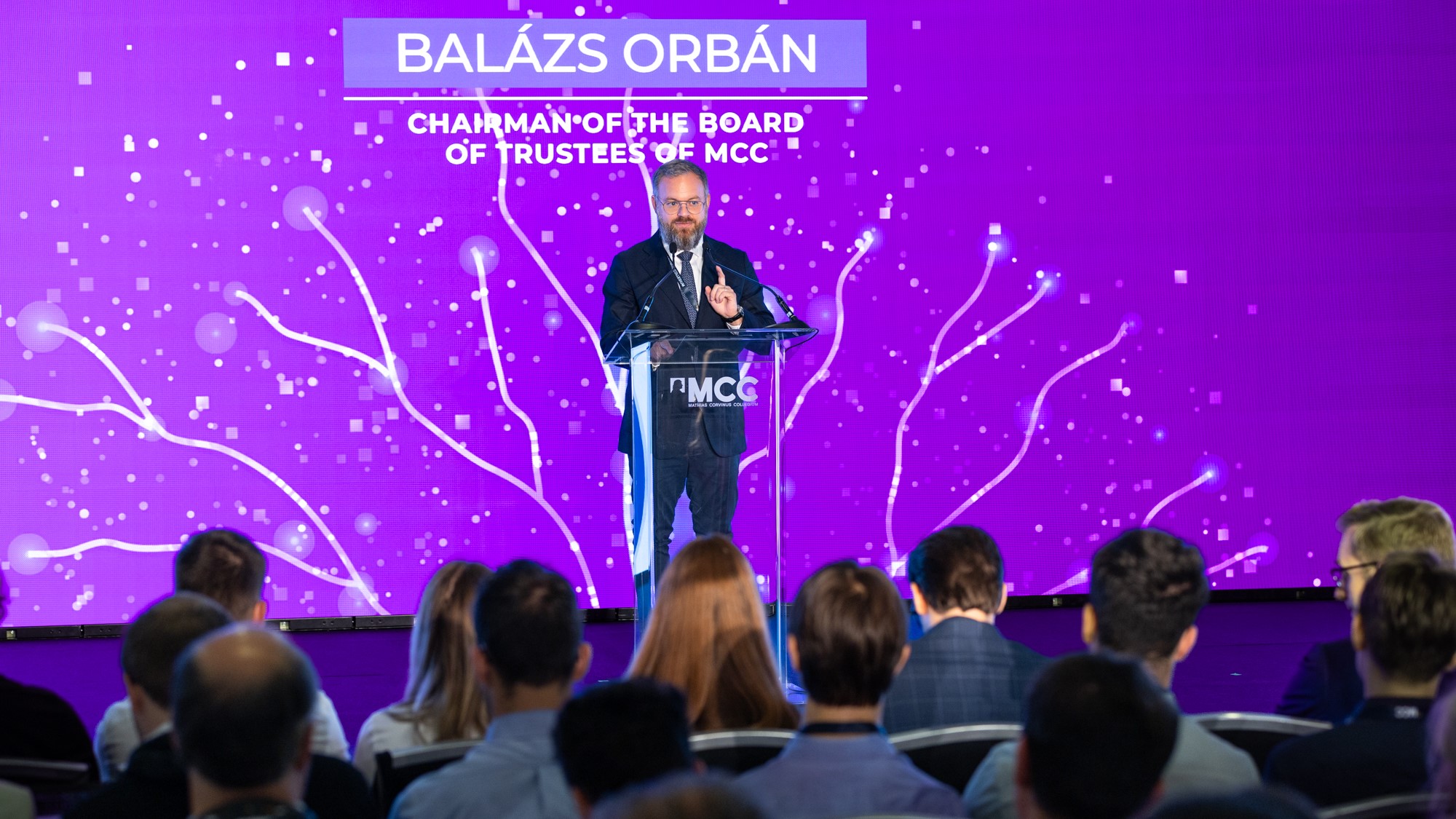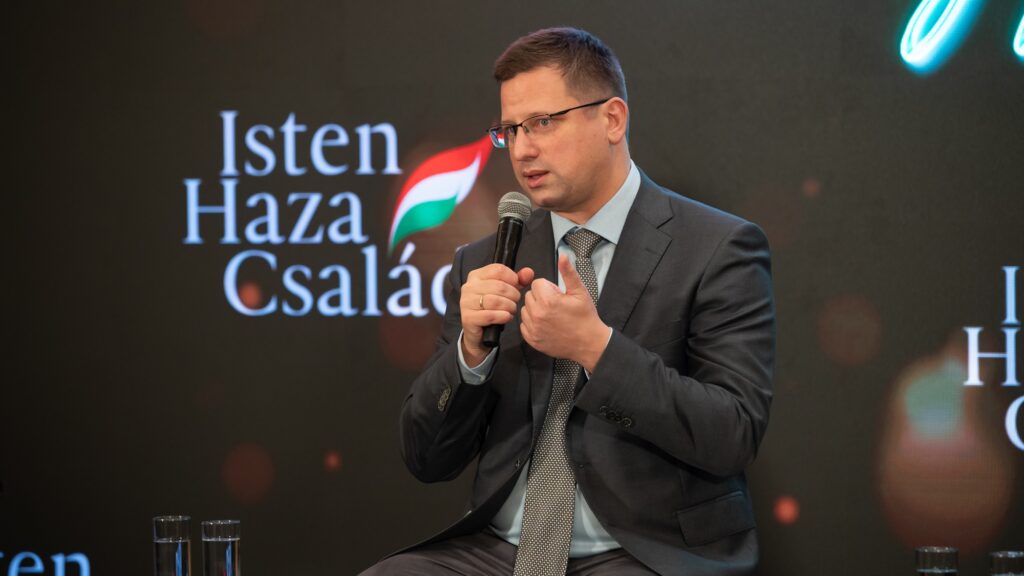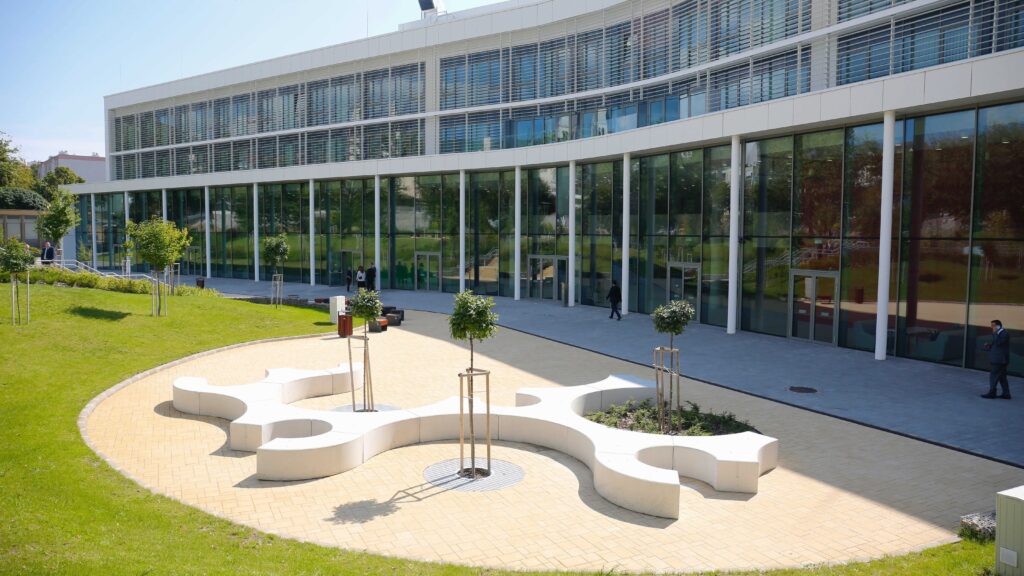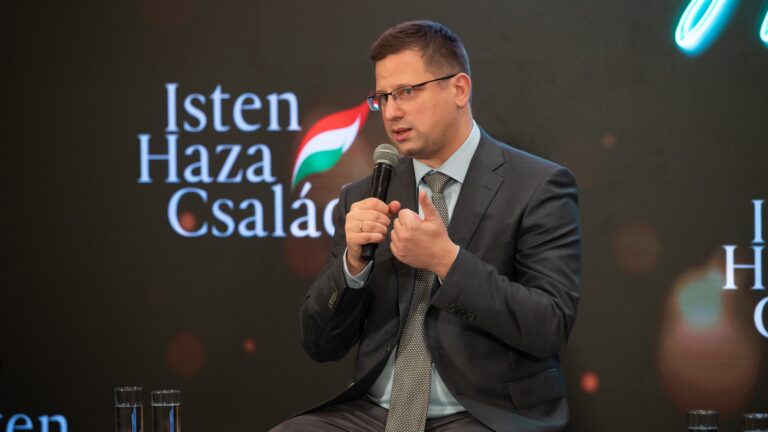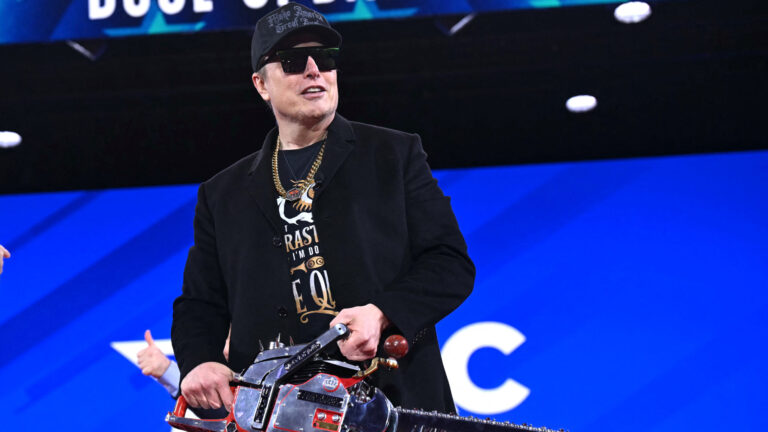At the Mathias Corvinus Collegium (MCC) Budapest Summit on Technology and Society, a now-tradition within MCC’s intellectual calendar, Director General Zoltán Szalai opened the discussion with a sweeping reflection on the defining challenges of our age: the intersection of technology and society in the midst of a permanent digital revolution.
Szalai emphasized that while we are still grappling with how technology reshapes education, human relationships, and even cognition, one truth is already evident: the transformation is not merely technical, but deeply human. Generative AI, in particular, is evolving so rapidly that it not only helps us find information faster than ever, but also offers us thought patterns we might never have reached alone. ‘When I had questions as a child,’ he recalled, ‘I went to a physical lexicon or a library. Today, students still go to libraries—but they also carry the universe in their pocket.’
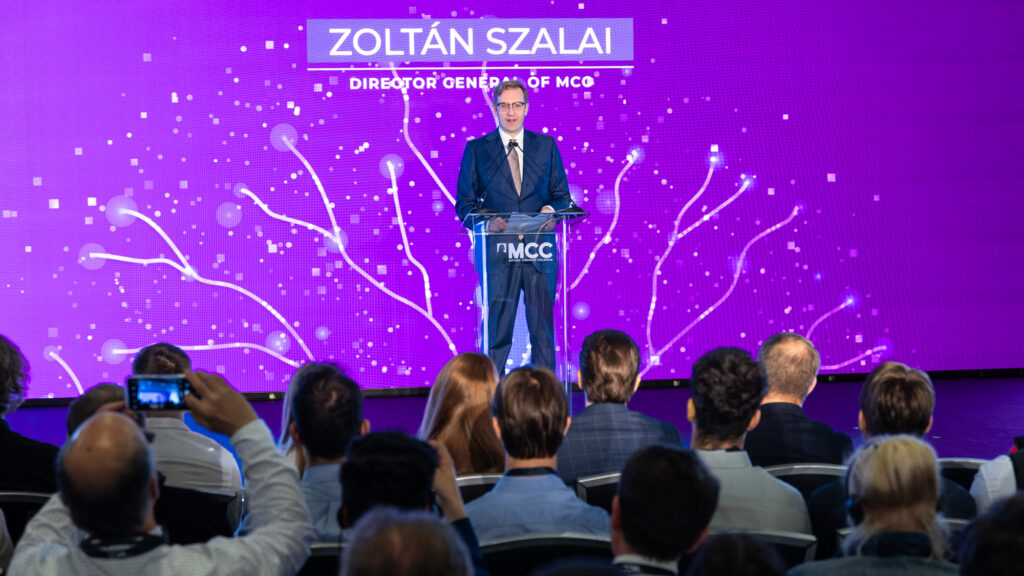
But this convenience comes with a cost. AI also influences how we think—sometimes forming our thoughts before we do. The mental health effects are emerging, especially when technology intersects with identity. Szalai cited a staggering figure: an estimated 180 million selfies are posted online each day, each requiring about 18 pictures to perfect. This is not just narcissism, he argued, but a reflection of how digital life alters self-image.
Still, the benefits are real. Knowledge has never been so accessible. Hungary, for example, has built vast digitized cultural databases that can be accessed globally. But even here, the human relationship with information is changing: a recent MCC study during an exhibition showed that 4 out of 5 visitors viewed the most important exhibits primarily through their screens rather than directly.
Szalai concluded with a call for self-awareness. ‘We see the world through our psyche and our soul,’ he said. ‘And it is through those lenses that we must face the digital revolution. We can shape it—but only if we remain human in the process.’
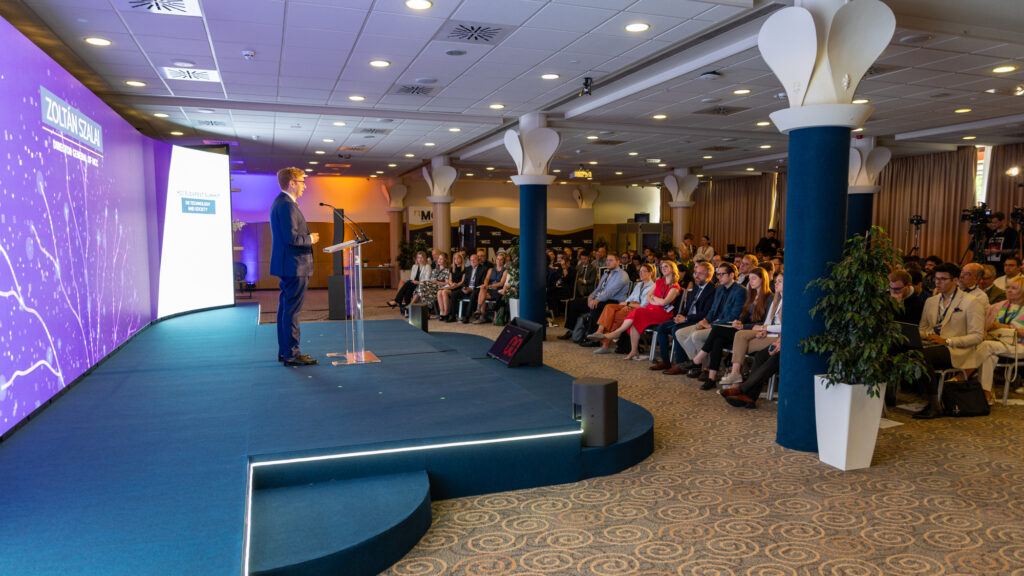
Political director to Hungarian Prime Minister Balázs Orbán followed, introducing MCC as an institution that began as a Hungarian initiative but now has international reach. With over 7,500 students across more than 30 centres, and the third day of this event held in 12 additional cities, MCC is a hub for more than academic study—it is about dialogue, debate, travel, and connection.
Sharing a personal story, Orbán recalled seeing Jurassic Park at age seven. The experience stayed with him, not for the dinosaurs, but for the warning it embedded: technology, when placed in careless hands, becomes dangerous. ‘Like giving a child a loaded gun,’ Jeff Goldblum’s character said—a metaphor Orbán finds increasingly relevant.
In today’s world, Orbán warned, efficiency alone is not enough. Technological solutions that ignore humanity are doomed to failure, even if the dangers seem subtle or uncinematic. Referencing Francis Bacon, he emphasized that knowledge should be transformed into power only if it serves the flourishing of a nation.
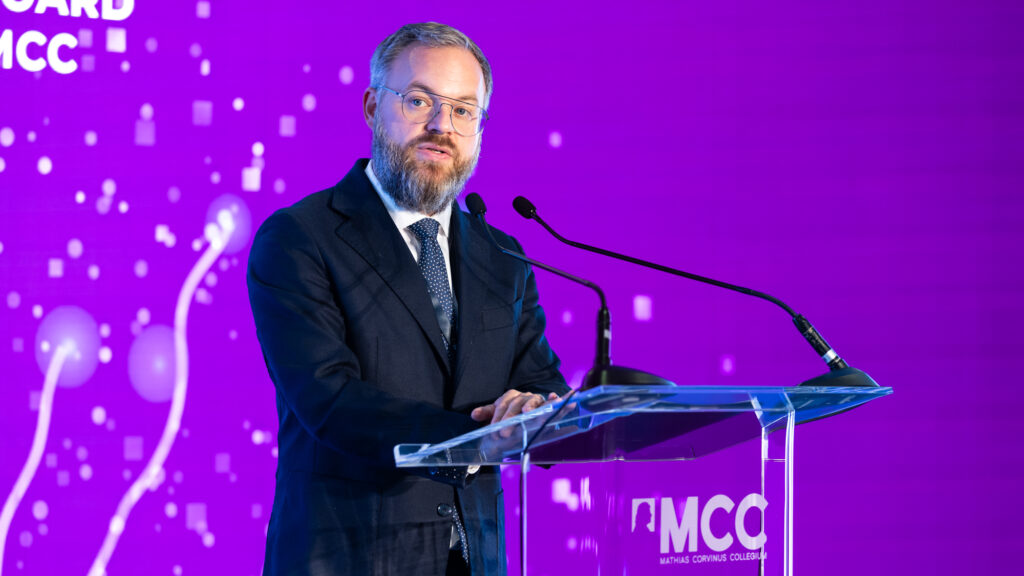
Orbán outlined five pillars for Hungary’s success in the future, some of which are already implemented by the government:
- A robust higher education system placing Hungary at the top in EU spending per student.
- Innovation-friendly public education focused more on practical skills.
- A strategic connectivity plan making Hungary a meeting point for Eastern and Western technologies.
- A stable, diversified energy supply.
- A business climate welcoming to R&D, aiming to increase current spending from 1.4 per cent of GDP.
The key, he said, is balance. Progress should be democratic. Decisions about technology must be made by society—through voters, not algorithms. ‘Without freedom, there is no innovation. But without innovation, there is no future,’ he opined.
Critically, he warned against overregulation in the EU, suggesting that if Europe continues to stifle innovation, the future will be designed elsewhere. Hungary, he argued, cannot afford stagnation.
Orbán concluded by insisting that AI can never replace the human soul or human thinking. ‘Right action always starts with right thinking,’ he said. And such thinking—moral, democratic, communal—must come from people, not machines.
That, he added, is why the MCC Summit exists: to give space for this essential dialogue.
Related articles:

